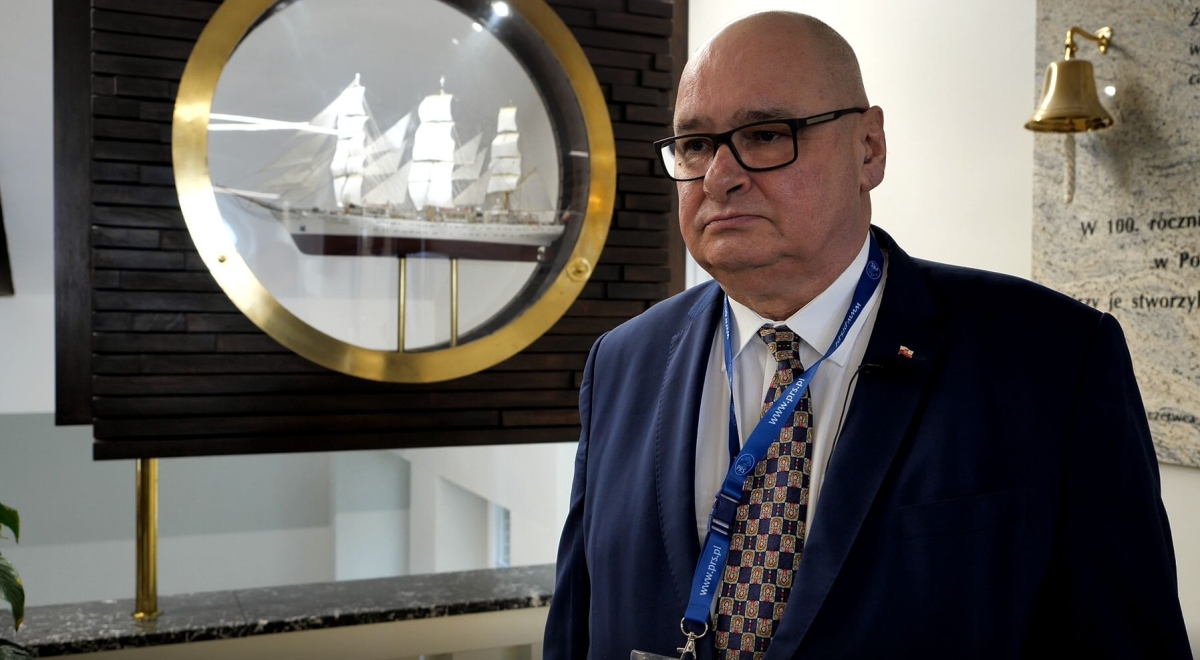
Lotos Petrobaltic is working on
rebuilding its fleet to service offshore wind farms. The shipowner
talks about a dozen or so vessels in total.
Lotos Petrobaltic
has a fleet of vessels servicing the extraction platforms belonging
to the company. As Grzegorz Strzelczyk, the company president, told
us, Lotos Petrobaltic is working on transforming its resources.
-
We are transforming from a typical offshore fleet for oil & gas
to offshore wind energy. A decision has already been made that we
will build vessels servicing offshore wind farms. In the coming months
we will discuss in detail with shipyards and design offices, with
which we are already in touch, the construction of these vessels,
which also have to be built in the dual fuel formula, i.e. with
reduced carbon dioxide emissions - said Strzelczyk.
Strzelczyk
added that the company is in talks with Polish shipyards, due to the
planned participation of the Polish industry in the project to the
largest possible extent. The president added that this is in line
with the sector agreement on offshore wind energy signed last year at
the Ministry of Climate.
- As regards service vessels, there
will certainly be a dozen or so vessels of two types: classical CTV
and SOV. We are currently talking about three SOV vessels and several
CTV units - Strzelczyk explained.
The President of Lotos
Petrobaltic also said that the company is carrying out another
project in the field of energy - it is a carbon dioxide
geo-investment programme, i.e. capturing and storing carbon dioxide
in geological deposits. According to the authors of the project, it
may prolong the functioning of the conventional power industry with
simultaneous significant reduction of emissions.
- We have
confirmation from the Polish Geological Institute that geological
structures left after hydrocarbons, that is oil and gas, are safe for
storing carbon dioxide. They are tight. In our concessions in the
Baltic Sea we can currently store 130 million tons of carbon dioxide,
and in the entire Polish economic zone the storage resources are at
the level of almost one billion tons - explained Strzelczyk.


